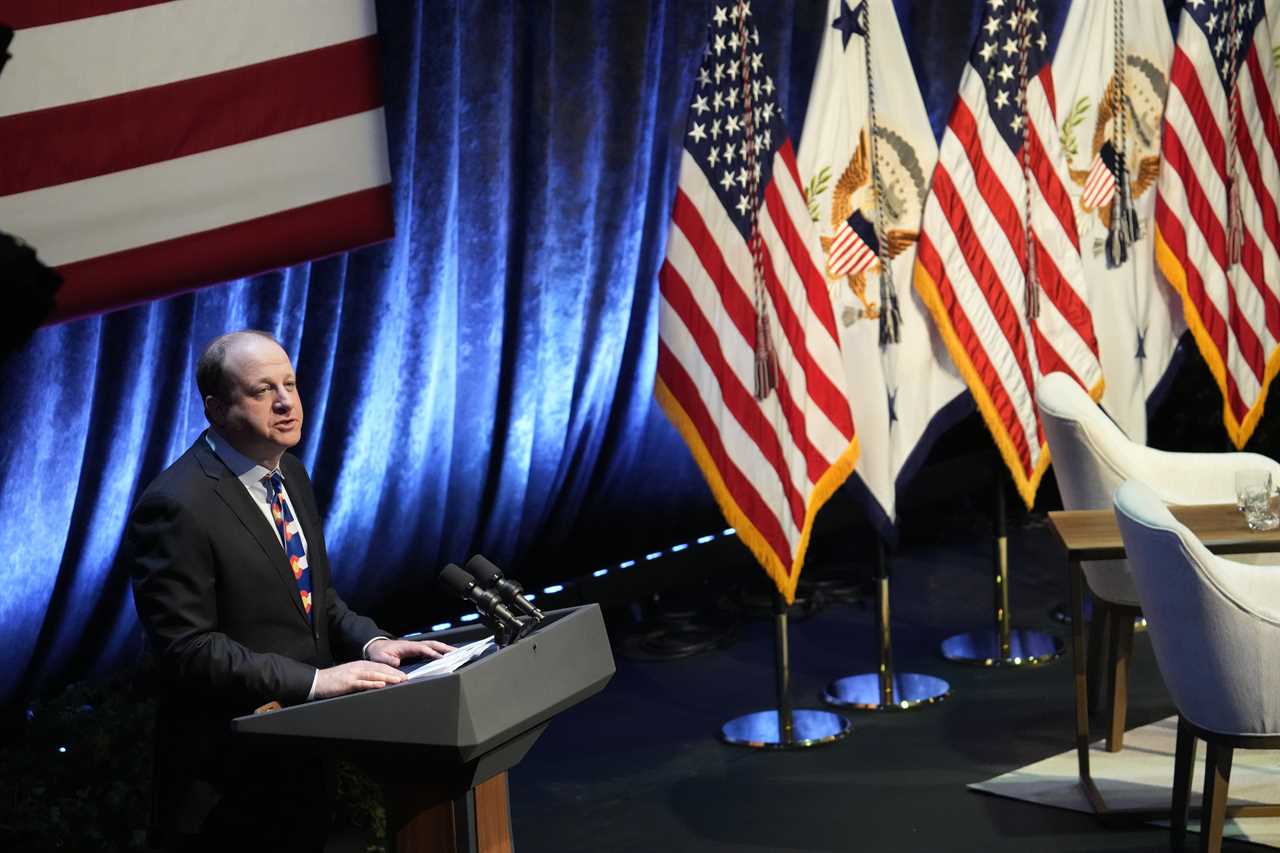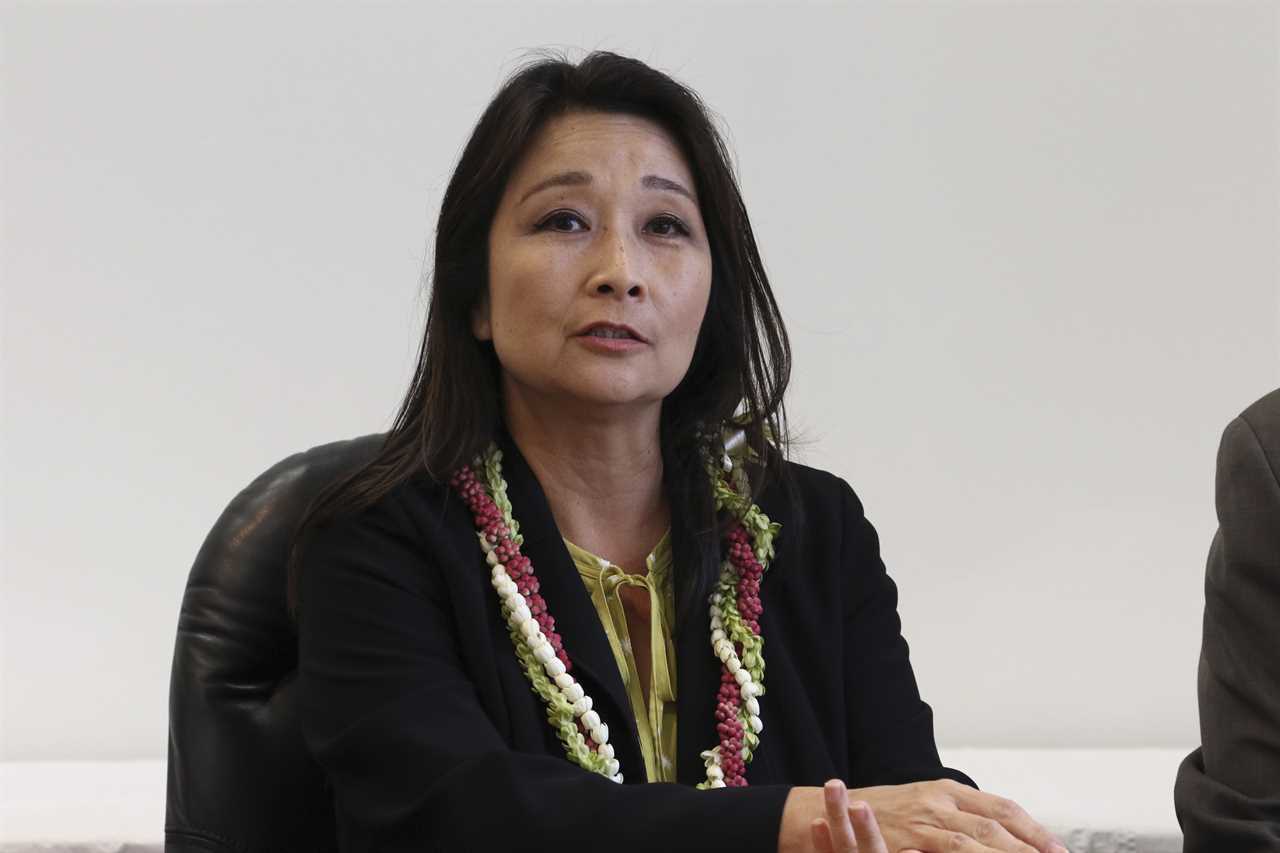
Governors have big plans for the nation’s youngest learners, pressing universal pre-K as a way to both get parents back to work and shore up a pandemic-rattled early childhood education system.
What those governors lack are the people to do the job.
Although President Joe Biden failed to push pre-K programs through Capitol Hill and later urged a divided Congress to “finish the job” during his State of the Union, a patchwork of state officials are trying to piece things together.
California Gov. Gavin Newsom is building a universal pre-K system for all 4-year-olds by 2025 despite a broader multibillion-dollar budget shortfall. In Illinois, Gov. JB Pritzker, who has a history of early childhood education philanthropy, wants universal preschool by 2027. And in Michigan, where Democrats took full control of government in the midterms, Gov. Gretchen Whitmer included $257.3 million in her budget to expand free pre-K to all 4-year-olds regardless of income.
It’s an investment that “helps parents, especially moms, go back to work,” Whitmer said in her State of the State address, adding that access to free preschool “will launch hundreds more preschool classrooms across Michigan, supporting thousands of jobs.”
Some states, such as Alabama and Georgia, have offered free state-funded pre-K for years using a first-come first-serve system or a lottery, but the latest pushes hope to dramatically expand free access to just about anyone. Hawaii, New Jersey and Colorado are already spinning up massive programs of their own, and finding they have to contend with an early educator workforce hollowed out by the pandemic and questions over how to sustain the costs as federal stimulus wanes.
“The pandemic brought light to the importance of early care and education and we benefited from the federal dollars that came through stimulus funding,” Colorado’s Early Childhood Department Executive Director Lisa Roy, who oversees the state’s universal preschool program, said in an interview. “But there doesn't seem to be an understanding that this was not just a pandemic issue.”

The number of child care workers since 2010 peaked in February 2020, according to the Bureau of Labor and Statistics. Then the pandemic hit and the numbers tanked.
While the child care workforce is rebounding from the lowest points of the pandemic, there were still nearly 58,000 fewer child care workers in January 2023 than February 2020. It’s a lag that tempers governors’ pre-K ambitions and, advocates argue, prevents parents from getting back to work.
“We should continue to be concerned about the fact that we are below levels [and] that we do not have enough options for parents right now,” said Sarah Rittling, executive director of First Five Years Fund, an early learning and care advocacy group.
Colorado Gov. Jared Polis will launch a universal pre-K program this fall after campaigning on universal full-day preschool in 2017.
The state used federal Covid-19 relief funds to boost its child care and early educator workforce. And by early March, over 33,000 families applied for a seat in the new universal pre-K program and more than 1,600 preschool providers have registered to serve as operators.
Voters threw their support at the concept approving a nicotine tax via ballot measure in 2020 to fund half-day preschool. Now, every 4-year-old is eligible for up to 15 hours of free preschool a week under the program starting later this year, with some eligible for more hours if they meet certain criteria, while 3-year-olds with certain needs can receive up to 10 hours a week.
“It passed in red counties, in blue counties, rural and urban — people in our state overwhelmingly said kids ought to be able to go to preschool,” Polis told House lawmakers on Capitol Hill last month. “Now that’s funded but along with it, we need more early childhood educators.”
Polis said the state wants to expand Care Forward Colorado, an American Rescue Plan-funded program that provides free community college training for health care workers, to include early childhood educators.

But to have a workforce that supports a sweeping policy like universal pre-K, states need sustained federal funds, according to child care and early education officials and advocates. And Democrats in Congress agree. Many wore crayon pins at this year’s State of the Union — a subtle way of showing that child care should be a policy priority.
Child care spending over the last two years was “a step in the right direction but we have a long way to go,” Rep. Rosa DeLauro (D-Conn.), the top Democrat on the House Appropriations Committee, said at a February press conference.
There may also be good cause for governors and legislatures to approach the new spending with caution. While many states are awash in budget surpluses this year — and ideas for how to spend them — the overall economy remains fragile. An analysis from the Pew Charitable Trusts predicted “several looming challenges” for state governments, including slowing revenue growth as inflation stays high and federal aid wanes.
The 2021 American Rescue Plan provided $39 billion to states for child care. In the fiscal year 2023 appropriations, the Child Care and Development Block Grant fund was increased by 30 percent to $8 billion. Additionally, Head Start received $12 billion — $596 million of that must be used for cost-of-living increases for employees and $262 million for recruiting and retaining staff.
Among Republicans, South Carolina Sen. Tim Scott led a bill last year to reauthorize the block grant program with financial assistance for degree and credential attainment for aspiring educators. And Louisiana Sen. Bill Cassidy, the new top Republican on the Senate HELP Committee, has stressed the need for the panel to approve reauthorizations left undone.
Federal funds are “foundational to all of these efforts,” Rittling said. “We have to come up with and really seize on an opportunity regardless of who's in control of our political parties, to come together on a solution.”
To recruit and retain early educators, some states are turning to tax credits as an incentive. Whitmer’s budget recommendation in Michigan includes $24 million to provide up to $3,000 in annual tax credits for early childhood educators. In Colorado, the state is providing an educator tax credit for the next four years to support boosting the workforce.
California is in a different situation. Grappling with a budget deficit, the state is delaying $550 million in early education facilities funding from 2023‑24 to 2024‑25. Teacher-to-student ratios will also remain stagnant. Just 23 percent of California school districts report having enough transitional kindergarten teachers and the state’s Legislative Analyst’s Office says maintaining a larger ratio “helps ensure that schools do not experience even greater staffing shortages.”
For Hawaii, the state has given itself a bit of time to shore up staffing. In 2020, the legislature set a goal to provide access to preschool for all 3- and 4-year-olds by 2032. Lt. Gov. Sylvia Luke, a Democrat who is spearheading the plan, said she’s not worried about staffing facilities — yet.F

“A new initiative like this, and a very aggressive initiative, you need somewhat of a long-term commitment and long-term timeline,” Luke said in an interview. “There's a tendency by many of the elected officials to try to deliver in two years, or even four years within the term of their office, but a lot of times that's not possible.”
She said the state has enough early educators for the next two to three years of expansion and they’re building preschool facilities at high schools and universities for student job training. Hawaii needs more than 465 classrooms to provide preschool for the 9,287 underserved 3- and 4-year-olds, according to state estimates.
“Funding and capacity support from the Legislature will be crucial to see this plan through,” state Sen. Michelle Kidani, who chairs the education committee, told POLITICO in a statement.
Luke, who secured an initial $200 million to build pre-K classrooms when she chaired the House Finance Committee, announced her “Ready Keiki” plan this year. She said the yearslong approach would allow the state to build out both the classroom infrastructure and the educators needed to teach keiki, the Hawaiian word for children.
“Many of the educational leaders out there recognize it's one thing to just build classrooms, but there's a whole lot of things that go into it. We need staffing and we need support services — it is a long-term effort,” she said.
----------------------------------------
By: Mackenzie Wilkes
Title: Biden failed on universal pre-K. Governors are struggling to make it work.
Sourced From: www.politico.com/news/2023/03/08/biden-universal-pre-k-governors-00085932
Published Date: Wed, 08 Mar 2023 04:30:00 EST
Did you miss our previous article...
https://consumernewsnetwork.com/politics-us/washington-is-on-the-edge-of-a-cold-war-over-social-security






